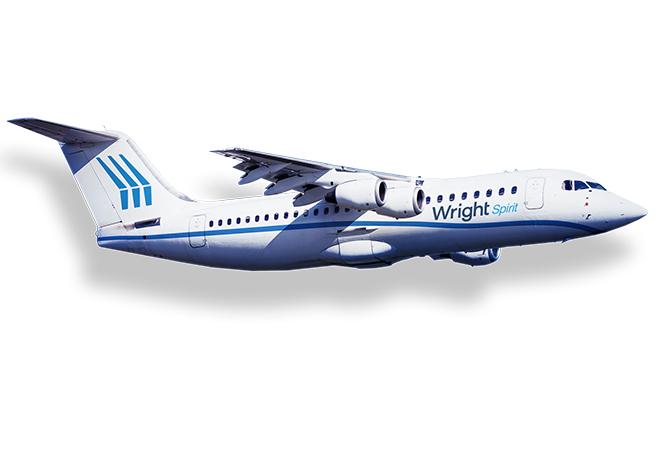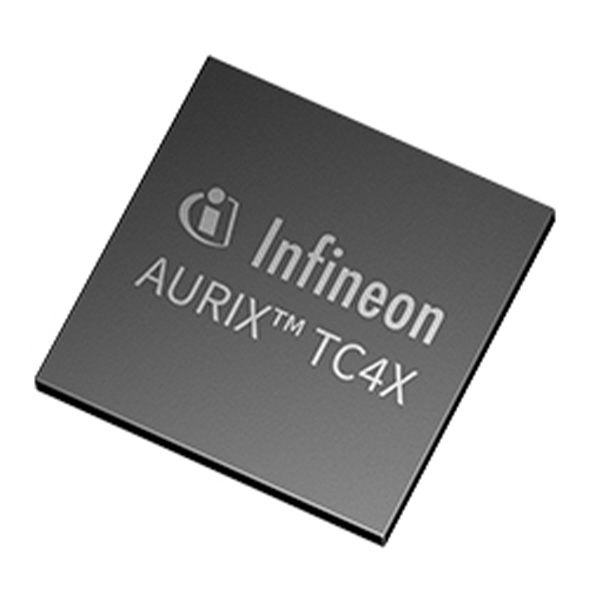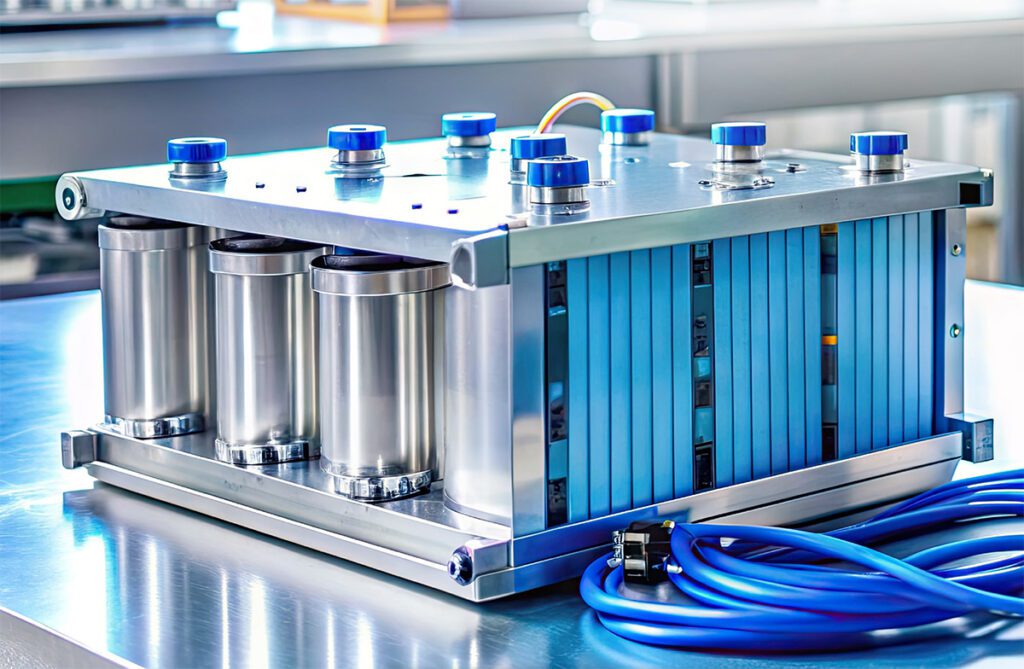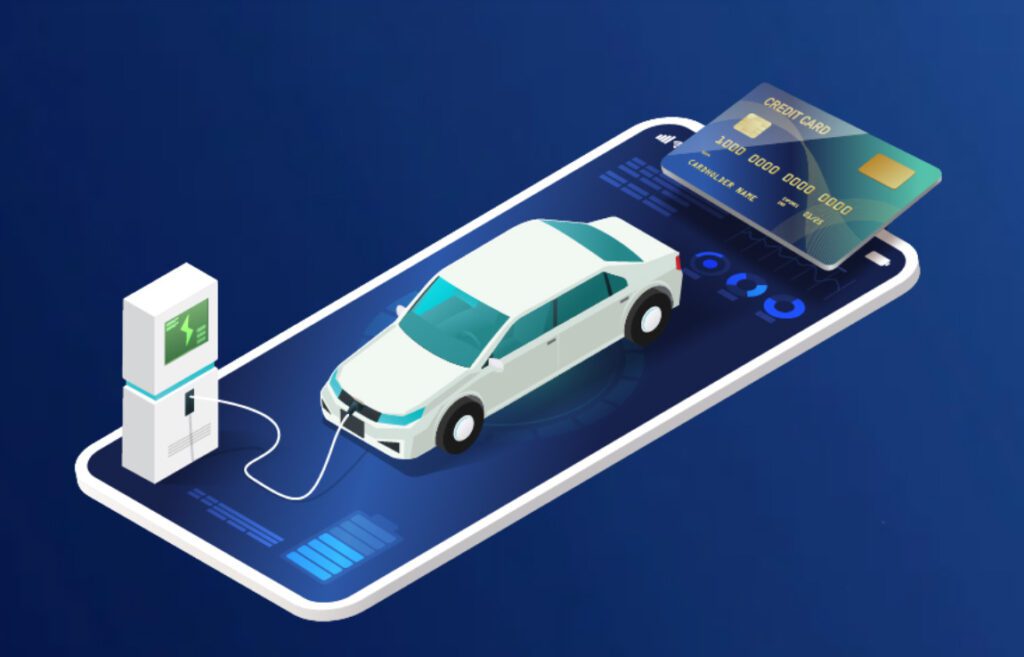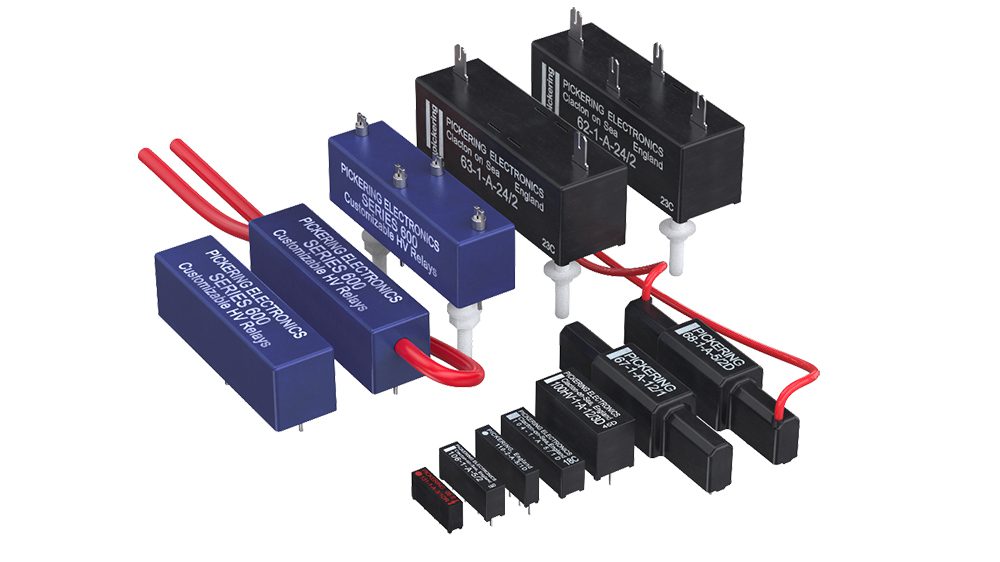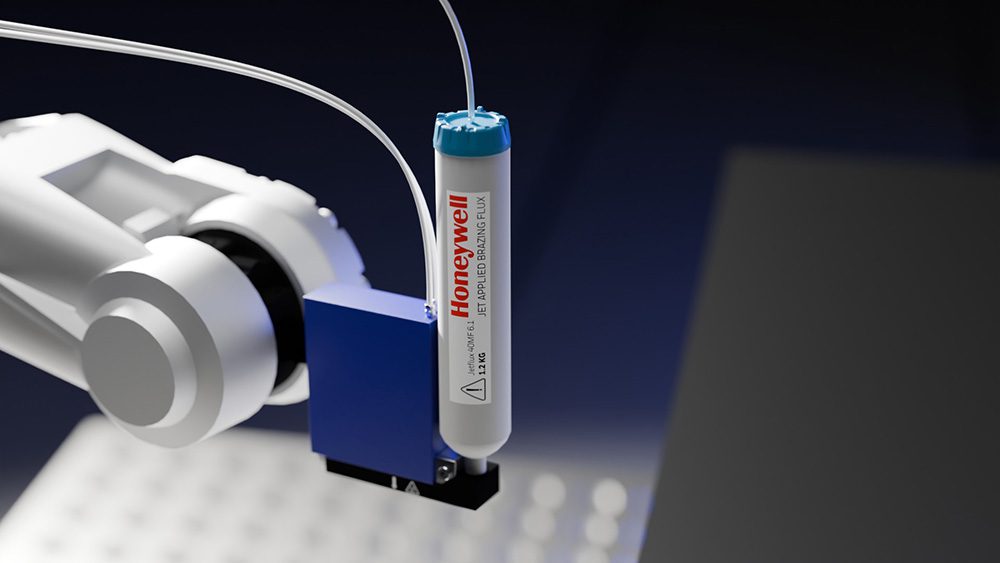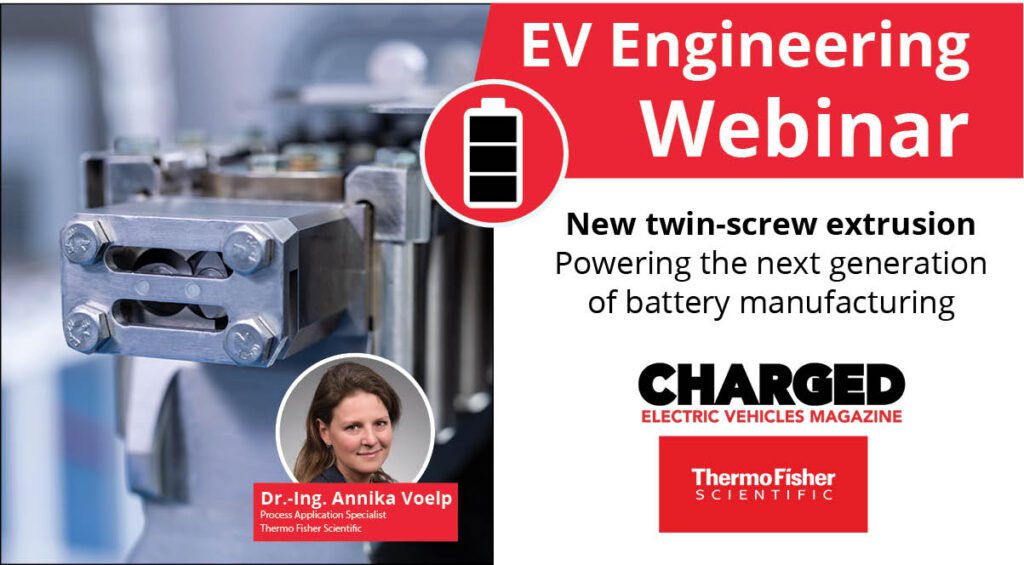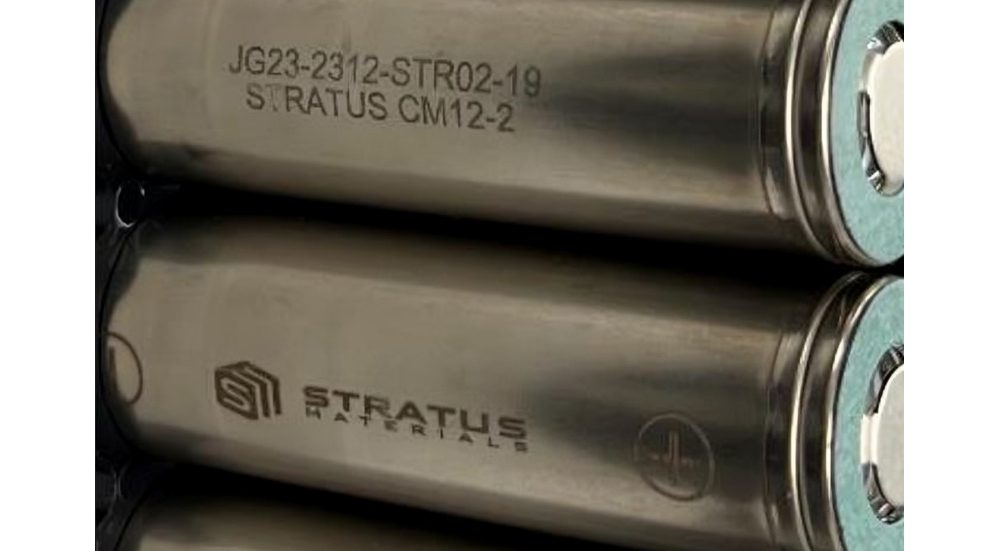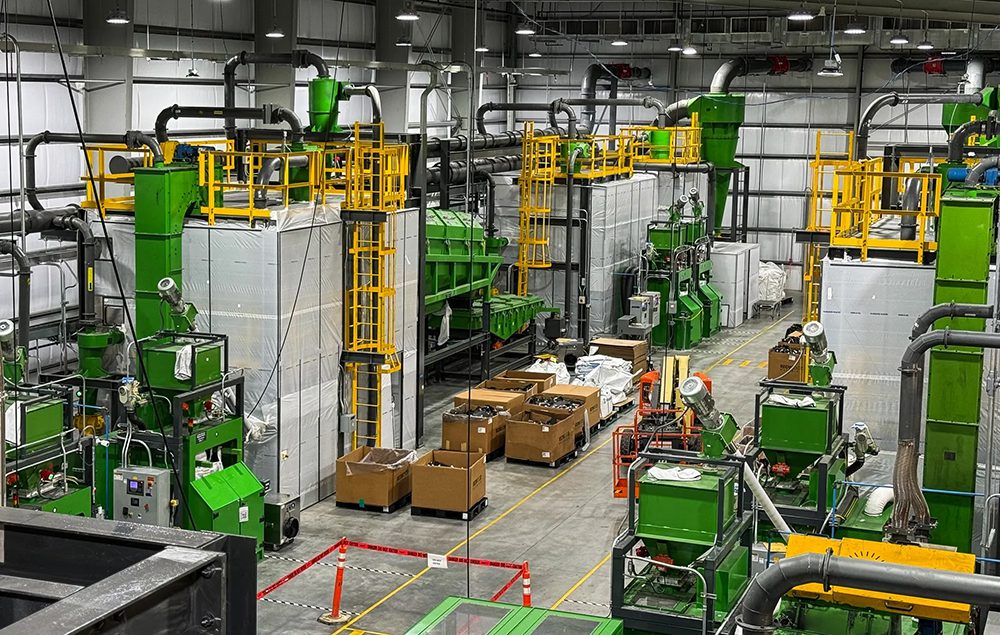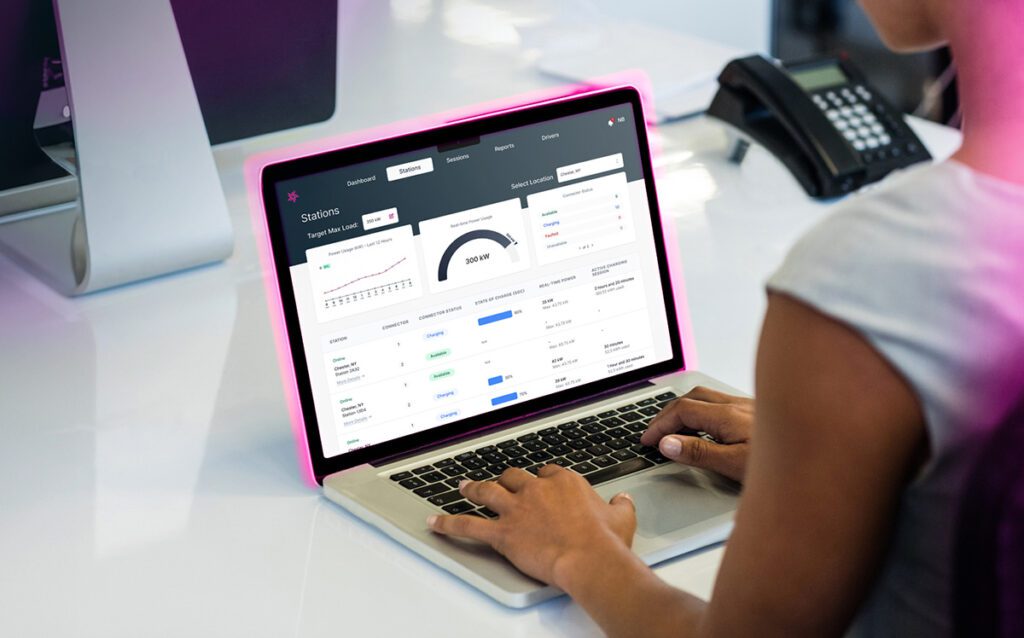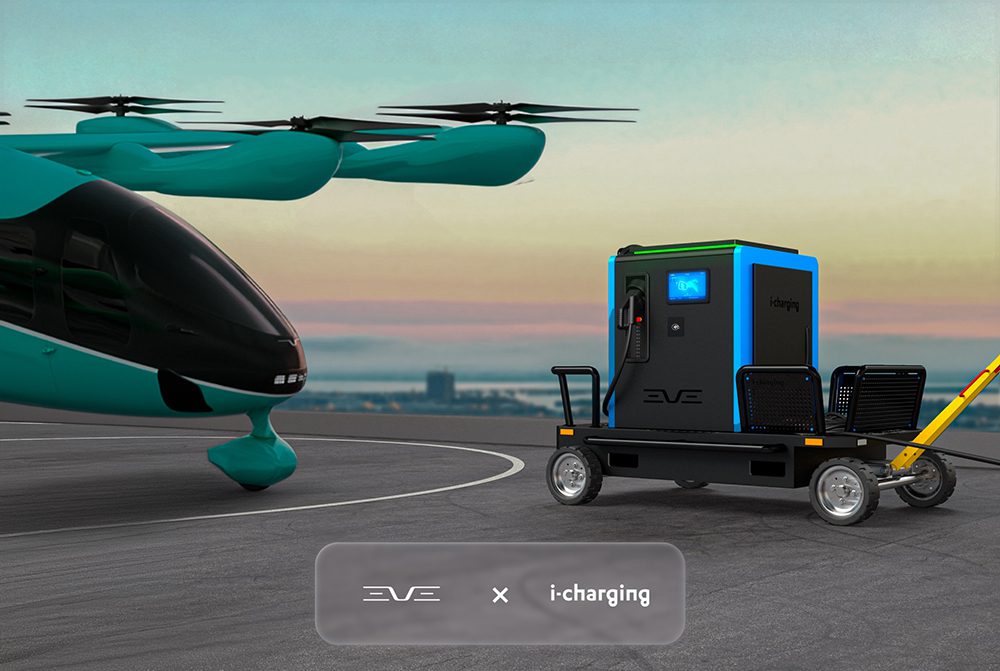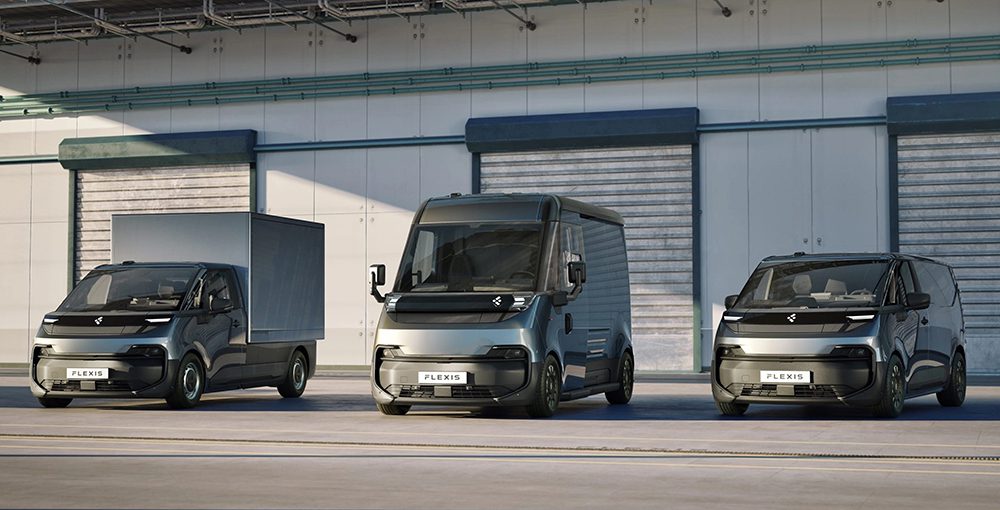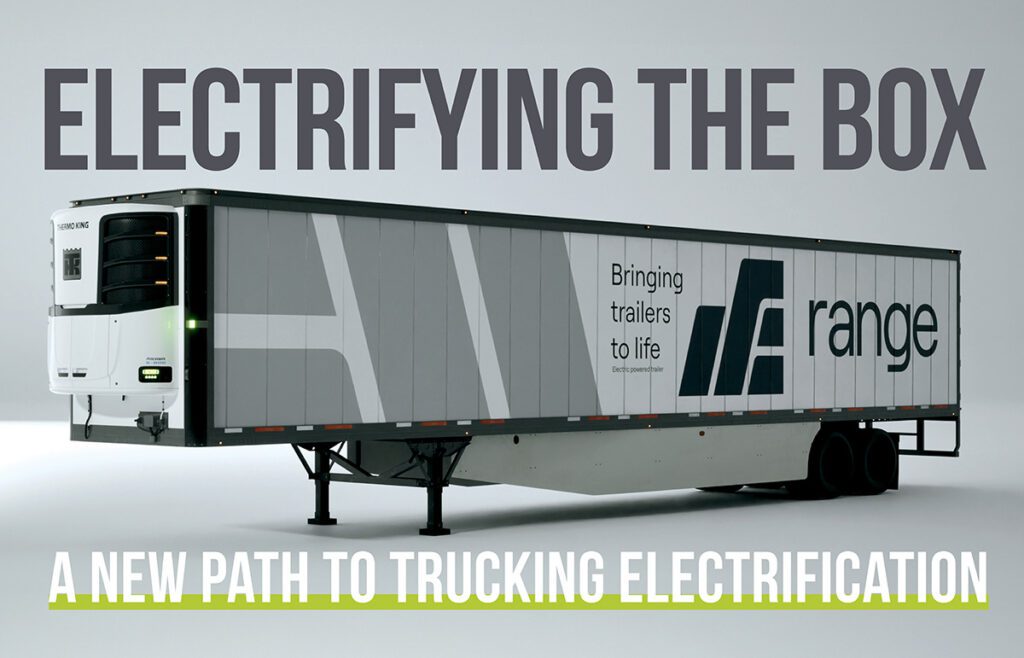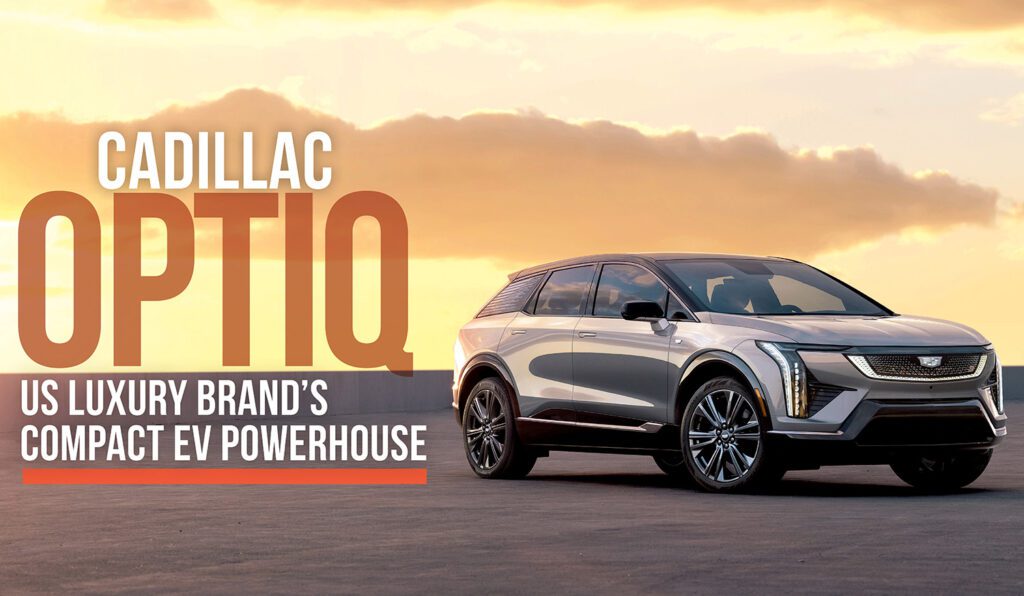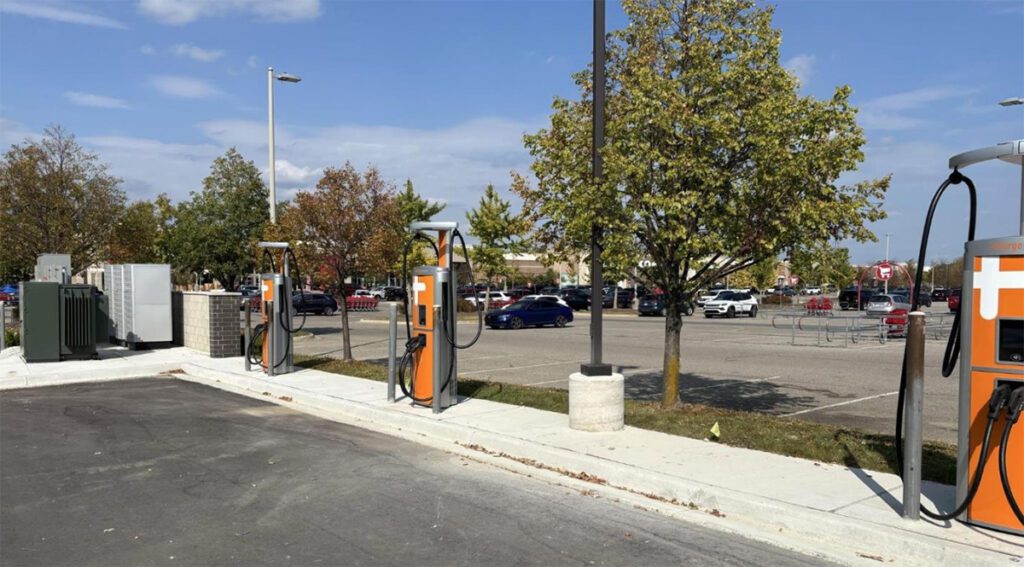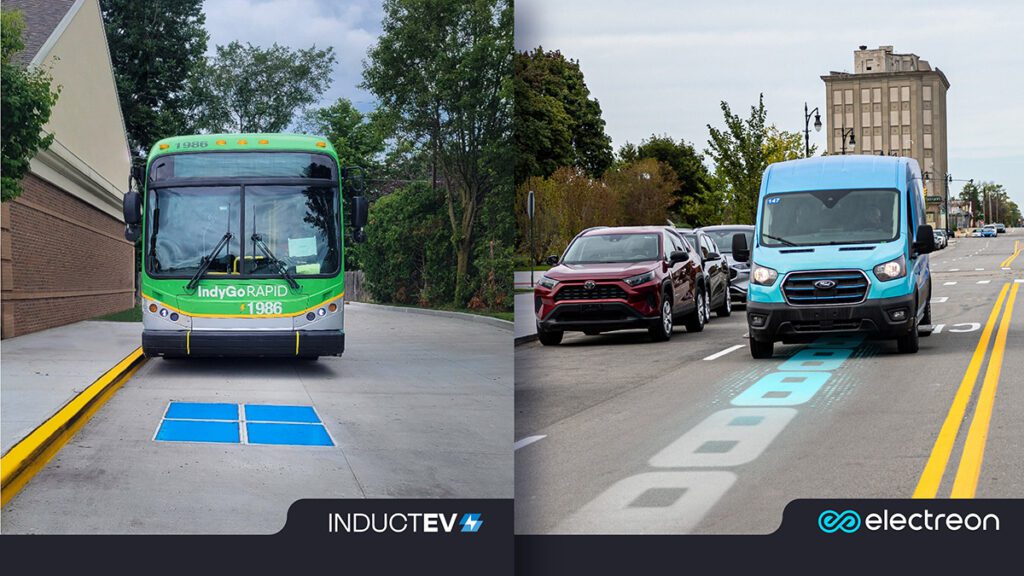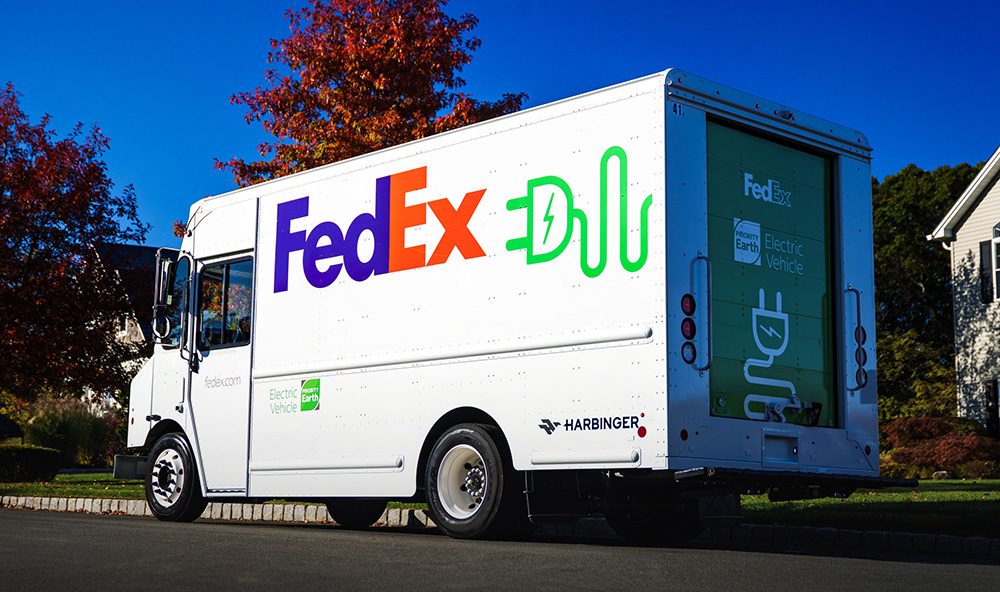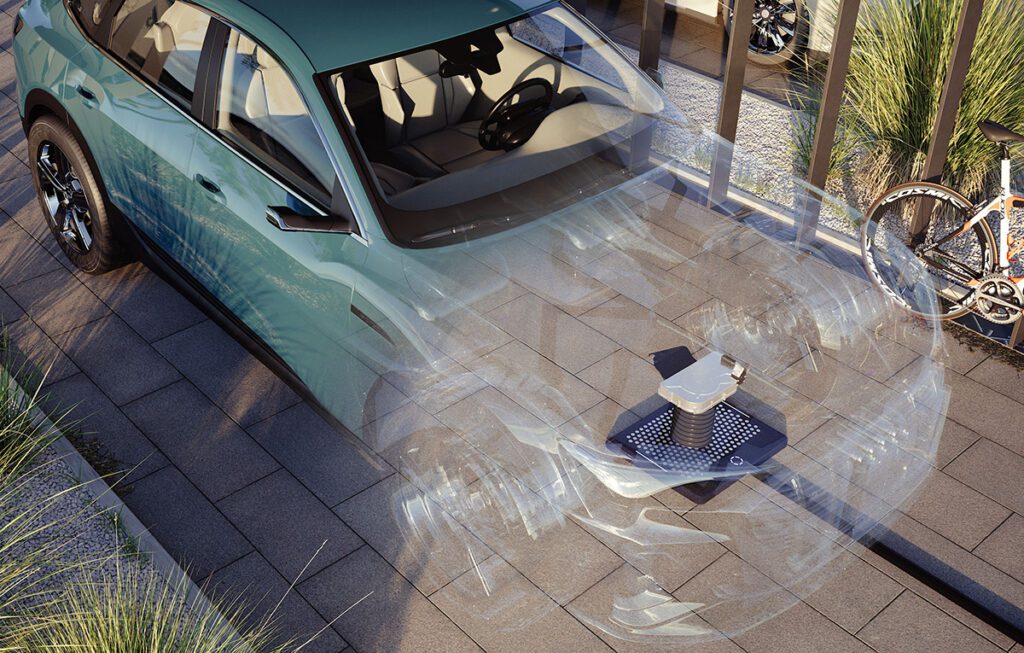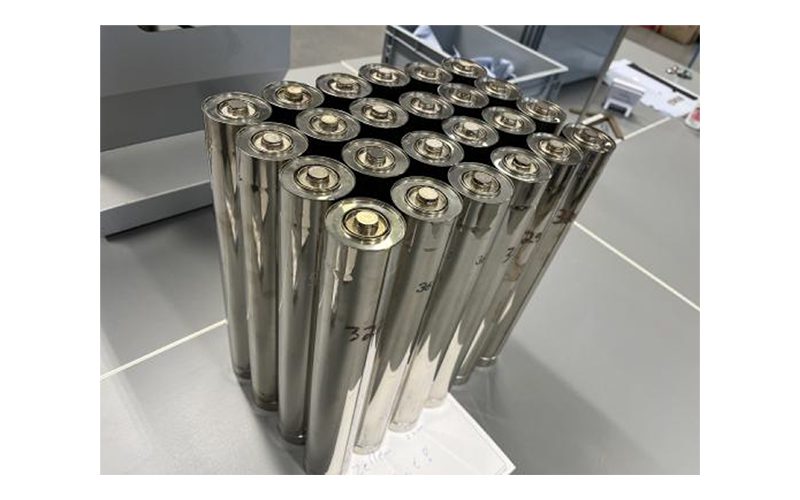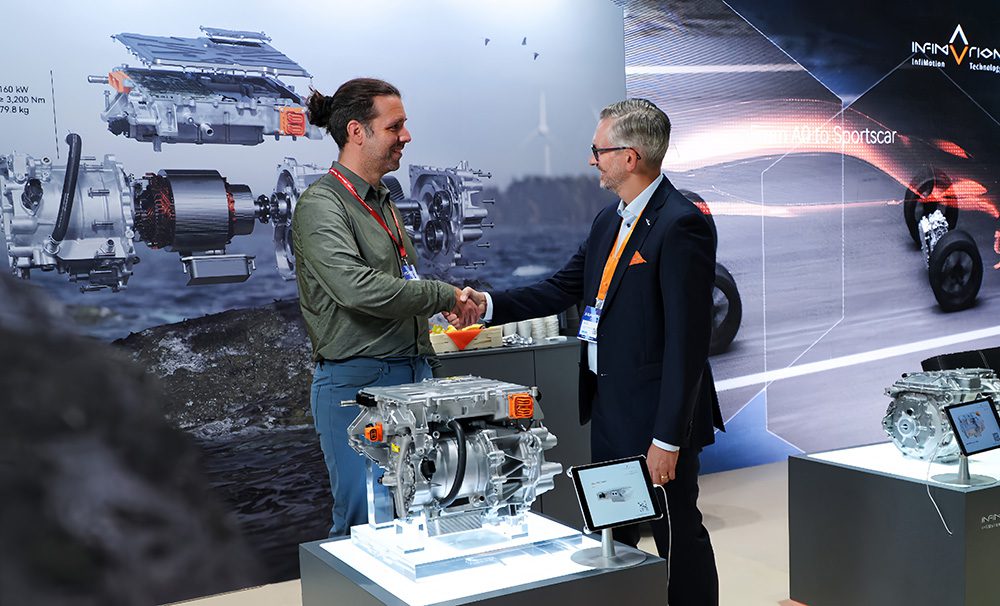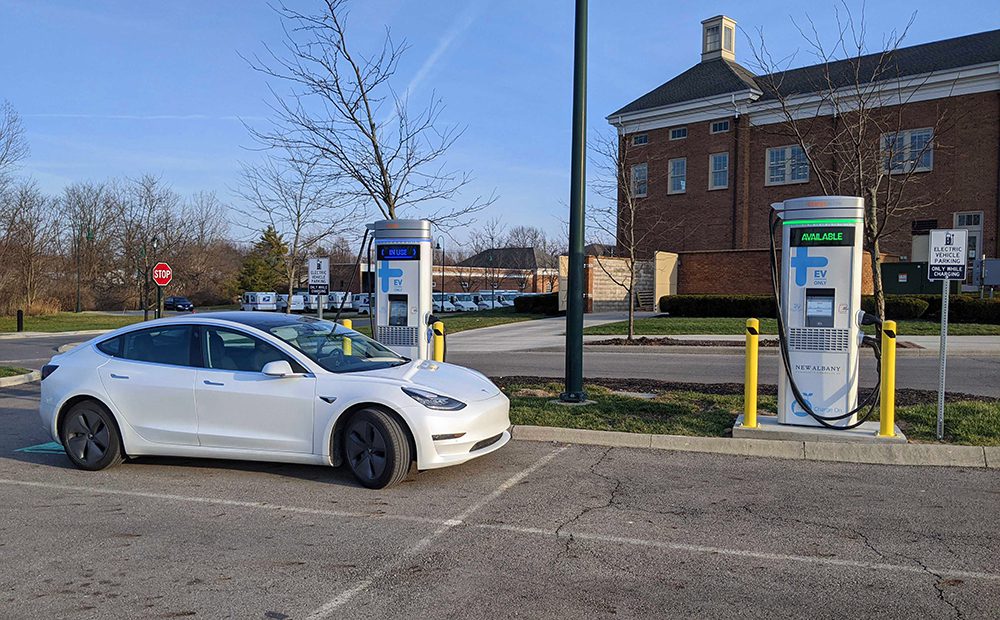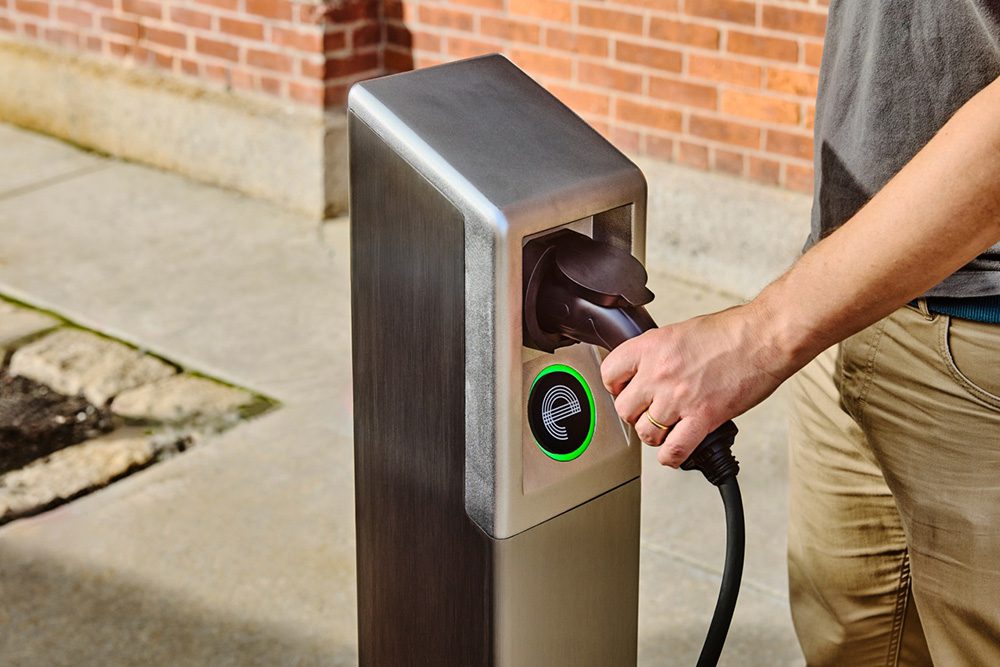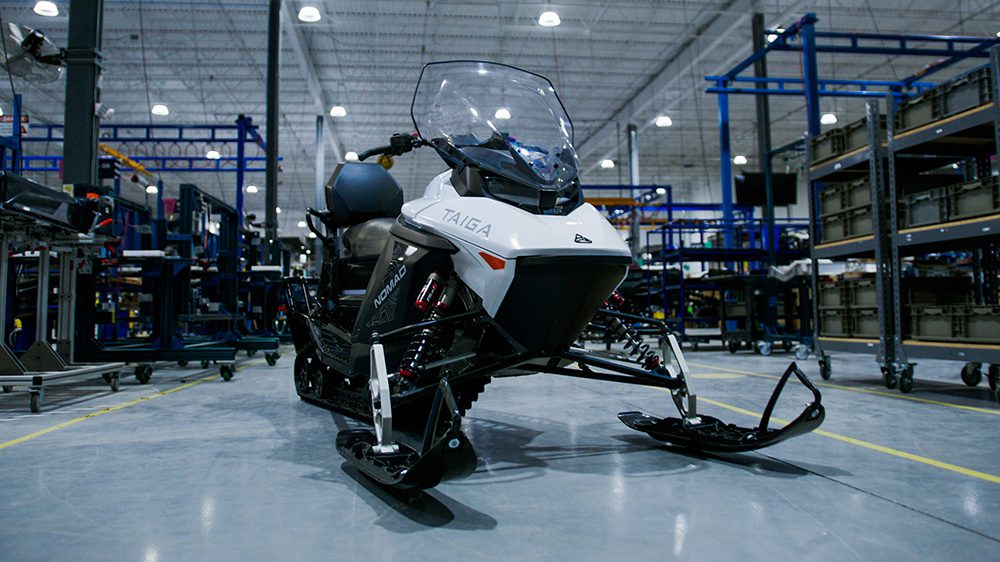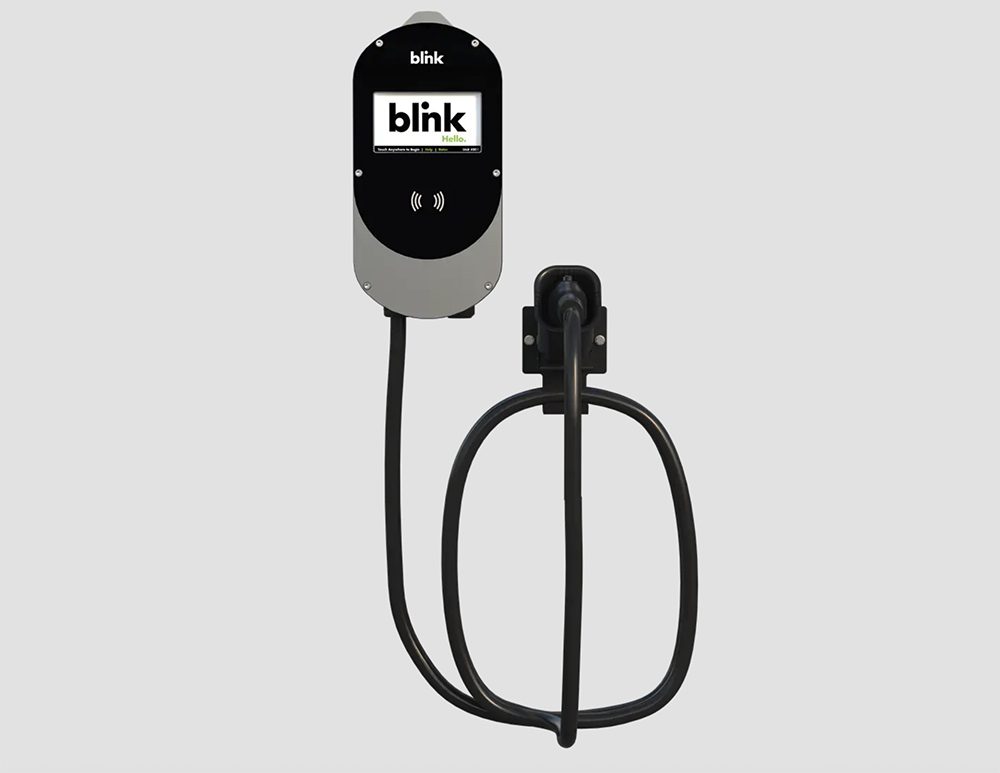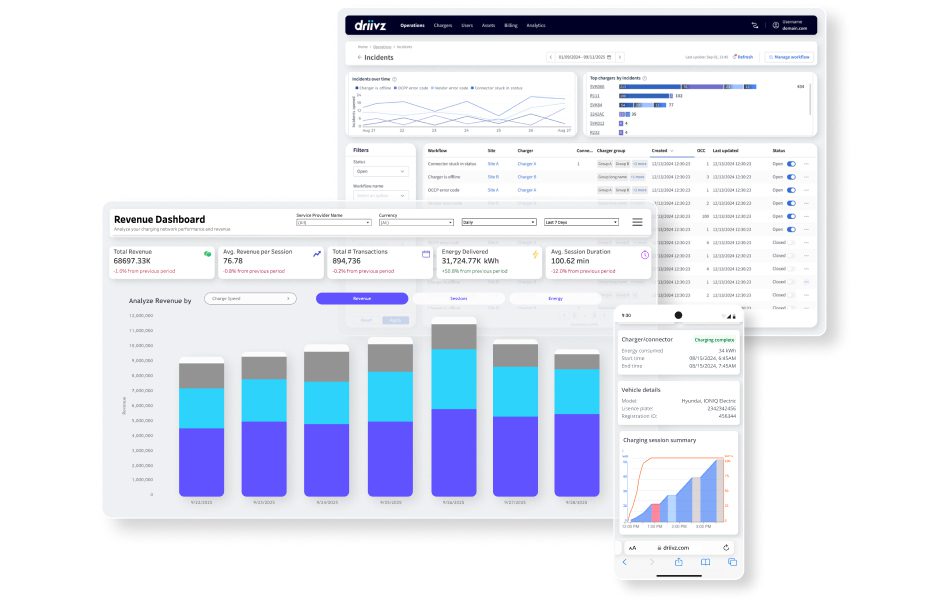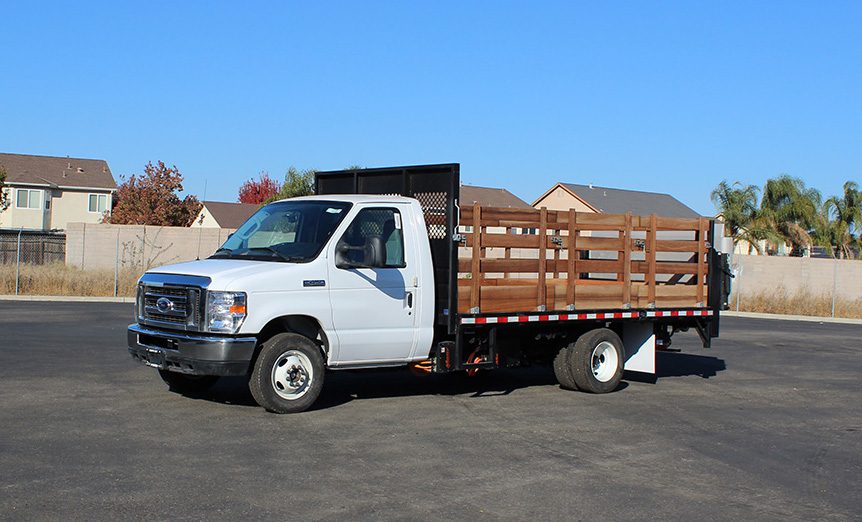Electric aviation is in its infancy—as far as we know, no e-planes are yet carrying passengers in commercial service. However, several firms are rapidly developing electric aircraft—Rolls Royce, Bye Aerospace, Heart Aerospace and Eviation are developing battery-electric planes, while ZeroAvia is placing its bet on hydrogen fuel cells.
California-based Wright Electric is taking what appears to be a unique approach—its plan is to convert existing BAe 146 regional aircraft (a 100-seat plane originally manufactured by BAE Systems in 1983) to electric power.
The BAe 146 has four jet engines, and Wright plans to replace these with 2 MW electric engines in four phases—first replacing one engine, then two, then all four. By doing this, the company hopes to circumvent the certification process for new aircraft, which can take years. It hopes to have a converted e-plane ready for passenger service in 2026. Meanwhile, the company is working on a separate new aircraft, which will be designed as a native EV, and hopes to have this one flying by 2030.
Wright Electric plans to build several of the converted planes, which will have a range of about 460 miles—enough to serve many popular short-haul routes in Europe and elsewhere.
Several aspects of the project appear to be still on the drawing board, including the question of what energy storage medium the plane will use. Wright is exploring both hydrogen fuel cells and aluminum fuel cells, and describes the relative advantages and disadvantages of both in a recent white paper.
“Customers are demanding cleaner options and we want to show there is an alternative,” says Jeffrey Engler, CEO of Wright Electric. “A retrofit airplane is always going to suffer from disadvantages but at the same time it’s a certified aircraft.”
Source: CleanTechnica







